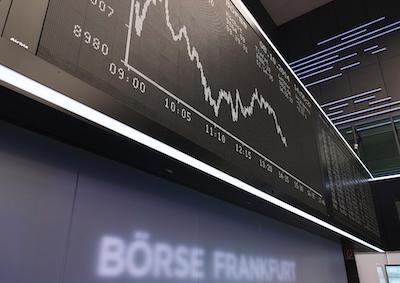The European Fund and Asset Management Association (EFAMA) has announced that 2021 was an “absolute record year” for equity funds, with net sales surging to €399 billion.
EFAMA said the previous record was reached in 2017 with total net sales of €163 billion.
It said bond funds had also a good year in 2021, with net sales amounting to €177 billion compared to €85 billion in 2020. Still, this level was far from the €303 billion net sales for bond funds in 2019.
EFAMA said multi-assets funds saw a significant rise in demand in 2021.
Following three years of lacklustre net sales, multi-asset funds recorded net sales of €186 billion, up from €29 billion in 2020.
EFAMA said net sales of European UCITS and AIF funds rose to €866 billion in 2021, up from €650 billion in 2020.
Net assets of European investment funds grew 17% to €22 trillion.
Net sales of UCITS were €799 billion — significantly higher than in 2020 (€474 billion) and the previous historical record of 2017 (€761 billion).
Net sales of AIFs fell to €68 billion, compared to €177 billion in 2020.
“This development can be explained by the very large net outflows recorded by AIFs domiciled in the Netherlands (EUR 159 billion),” said EFAMA.
“These outflows were mainly caused by the decision of several Dutch pension funds to stop managing their assets within AIF structures and make more use of segregated mandates.”
Bernard Delbecque, Senior Director for Economics and Research at EFAMA, said: “2021 was a record year for UCITS for two main reasons.
“First, high hopes on the Covid-19 vaccination campaign prevailed over the risks posed by the variants of the virus.
“Second, the strength of the economic recovery and the resulting strong performance of stock markets supported investor confidence.
“Overall, investors were very much in a ‘risk-on’ mode, as net sales of UCITS equity funds reached a new record high of EUR 399 billion, well above the previous 2017 record of EUR 163 billion.
“It will be hard to beat this record in 2022 given the expected tightening of monetary policy and the current geopolitical and military tensions.”
